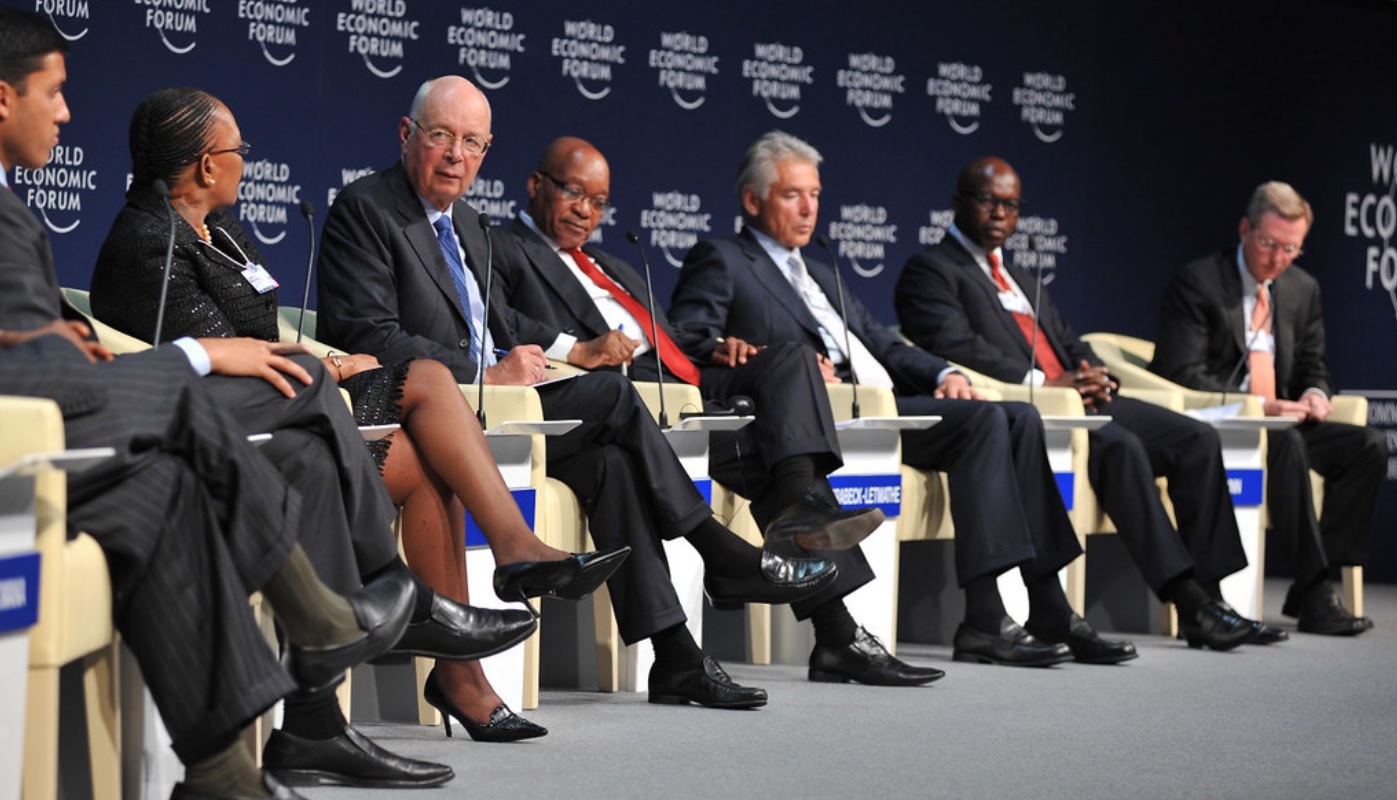World Economic Forum on Africa – New roadmaps for Fourth Industrial Revolution

- Country:
- South Africa
The upcoming World Economic Forum on Africa is all set to take place in Cape Town in South Africa between September 4 and 6, 2019. Despite the fact that the African continent has observed significant political and economic progress, still there are significant challenges the continent continues to confront. The imminent World Economic Forum on Africa will deal with those issues by focussing on the relevant strategies to augment the transformation of regional architecture related to smart institutions, investment, integration, industry and innovation.
The 28th World Economic Forum on Africa will assemble around 1,100 leaders from 100 nations from diverse areas such as government (including 10 heads of states), civil society, business, arts, media to cite a few. New partnerships to create sustainable employment opportunities for the continent’s large and growing workforce is on the top of agendas. World Economic Forum on Africa is highly important not only to Africa, but to the world as it also focuses on growth and the Fourth Industrial Revolution that has severe potential to turbocharge the socio-economic development of the entire African continent.
According to Africa Region Government and Public Sector Leader and Ernst & Young (EY) partner, Sandile Hlophe, prioritizing Fourth Industrial Revolution could enable South Africa to make a ‘giant’ economic leap forward as the digital revolution “is the most fundamental transformation we are likely to experience in our lifetime.” As the 60 percent of Africa’s 1.25 billion people are under the age of 25, this is the right time to take decisions on Fourth Industrial Revolution so that the continent is able to pave a bold new path of African prosperity in the next few years.
The experts believe that the African governments have tremendous opportunities to commence using artificial intelligence and digital podiums to accomplish life-changing things such as improving quality and reachability of education, providing safe drinking water, offering citizens the ability to identify themselves, get more access to government grants, improvement in agriculture, development in healthcare, open bank accounts etc. If Africa is able to develop the right strategies and innovation ecosystem to tackle the Fourth Industrial Revolution, it will surely be successful in supercharging its economies, societies and obviously the livelihoods of millions of people.
Under the theme “Shaping Inclusive Growth and Shared Futures in the Fourth Industrial Revolution”, the meeting will address the African Union’s Agenda 2063 regional strategic priorities under four programme tracks – Innovation: Readiness for the Fourth Industrial Revolution, Cooperation: Sustainable Development & Environmental Stewardship, Growth: Digitalization & Competitive Industries, Stability: Leadership & Institutional Governance. The discussions will focus on key industries and build on the launch of the first African Affiliate Centre for the Fourth Industrial Revolution in South Africa.
The imminent World Economic Forum on Africa will be co-chaired by Ellen Agler, Chief Operating Officer of The END Fund; Jeremy Farrar, Director, Oxford University Clinical Research Unit and Wellcome Trust, André Hoffman, Vice-Chairman, Roche, Alex Liu, Managing Partner and Chairman, A.T. Kearney, Jim Ovia, Chairman, Zenith Bank, Arancha Gonzalez Laya, Executive Director, International Trade Centre (ITC) and Sipho M Pityana, Chairman, AngloGold Ashanti.
Some of the new initiatives will be also launched in the 28th World Economic Forum on Africa. Those are Africa Growth Platform, Africa Risk Resilience Platform and Africa E-Commerce Agenda. The Africa Growth Platform is a union of governments and investors aiming to fast-track development of the region’s most promising start-ups and SMEs. The Africa Risk Resilience Platform is a scheme to help governments prepare for, mitigate and prevent climate-and disease-related disasters with the support of the private sector. Whereas, Africa E-Commerce Agenda is a partnership between governments, the international trade community and the development community to create three million jobs by 2025. The new initiatives will be launched in the presence of heads of states of multiple African countries such as President of South Africa, Cyril Ramaphosa; President of Zimbabwe, Emmerson Mnangagwa; President of Uganda, Yoweri Museveni; President of Botswana, Mokgweetsi Masisi; President of Seychelles, Danny Faure; President of Comoros, Azali Assoumani; President of Namibia, Hage Geingob; Vice President of Nigeria, Yemi Osinbajo; Prime Minister of Eswatini, Ambrose Mandvulo Dlamini, President of Ethiopia, Sahle-Work Zewde, President of Malawi, Peter Mutharika.
While young Africans are 13 percent more entrepreneurial than the global average, it is believed that the start-ups on the (African) continent are 14 percent more likely to fail than in another place in the world. That’s the reason World Economic Forum will launch the Africa Growth Programme at the imminent Forum, which is undeniably a new podium to bring enterprises together with investors and institutions, and helping them secure smarter funding. Among the 29 entrepreneurs heading to the meeting are fintech start-up Flutterwave and Evergreen, a Tanzanian company recycling waste plastic into furniture.
Apart from the business and political leaders, delegates will also include the Africans who have won the global hearts with their unique stories to inspire others like Global Teacher Prize winner Peter Tabichi, the renowned South African activist and model Thando Hopa and famous Ethiopian lawyer and disability rights activist, Yetnebersh Nigussie.
The @wef summit on Africa 2019 will take place in Cape Town from the 4th to 6th of September. Follow the conversation at #af19, tag us in your posts and watch the sessions here: https://t.co/j4aoTlSlRo
— World Economic Forum (@wef) September 2, 2019
Also Read: FT Africa Summit 2019 – Efforts through roadmaps to unlock huge biz potential










